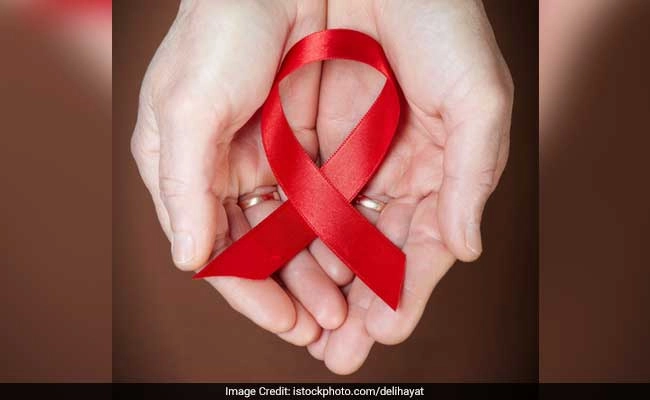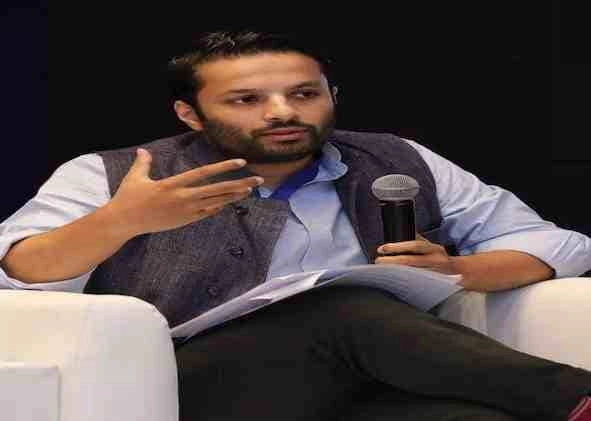The United Nations has proposed the closure of UNAIDS, the Joint United Nations Programme on HIV/AIDS, by the year 2026. This drastic suggestion comes in response to significant funding cuts that have impacted the organization’s ability to operate effectively. UNAIDS has played a crucial role in coordinating global efforts to combat HIV/AIDS since its establishment in 1996, providing essential support to countries in their fight against the epidemic. However, as financial resources dwindle, the feasibility of maintaining such a program has come under scrutiny.
Funding limitations have become increasingly pronounced, with contributions from both governmental and private sectors declining in recent years. This has resulted in a challenging environment for UNAIDS, which relies heavily on these funds to carry out its programs and initiatives aimed at prevention, treatment, and advocacy. The proposed closure raises concerns about the future of HIV/AIDS programs worldwide, particularly in low- and middle-income countries where the epidemic continues to pose a significant public health challenge.
Moreover, the decision to consider closing UNAIDS reflects broader issues within international health funding, highlighting the struggle to prioritize global health initiatives amid competing demands. Critics argue that dismantling such an essential program would jeopardize the progress made in combating HIV/AIDS and could lead to a resurgence of the epidemic. As the global community grapples with the implications of reduced funding, it is imperative to rethink strategies for sustainable support and to explore innovative solutions that can ensure continued progress in the fight against HIV/AIDS. The proposed closure of UNAIDS serves as a wake-up call to the international community to reevaluate their commitment to global health and the resources necessary to address ongoing health crises.




